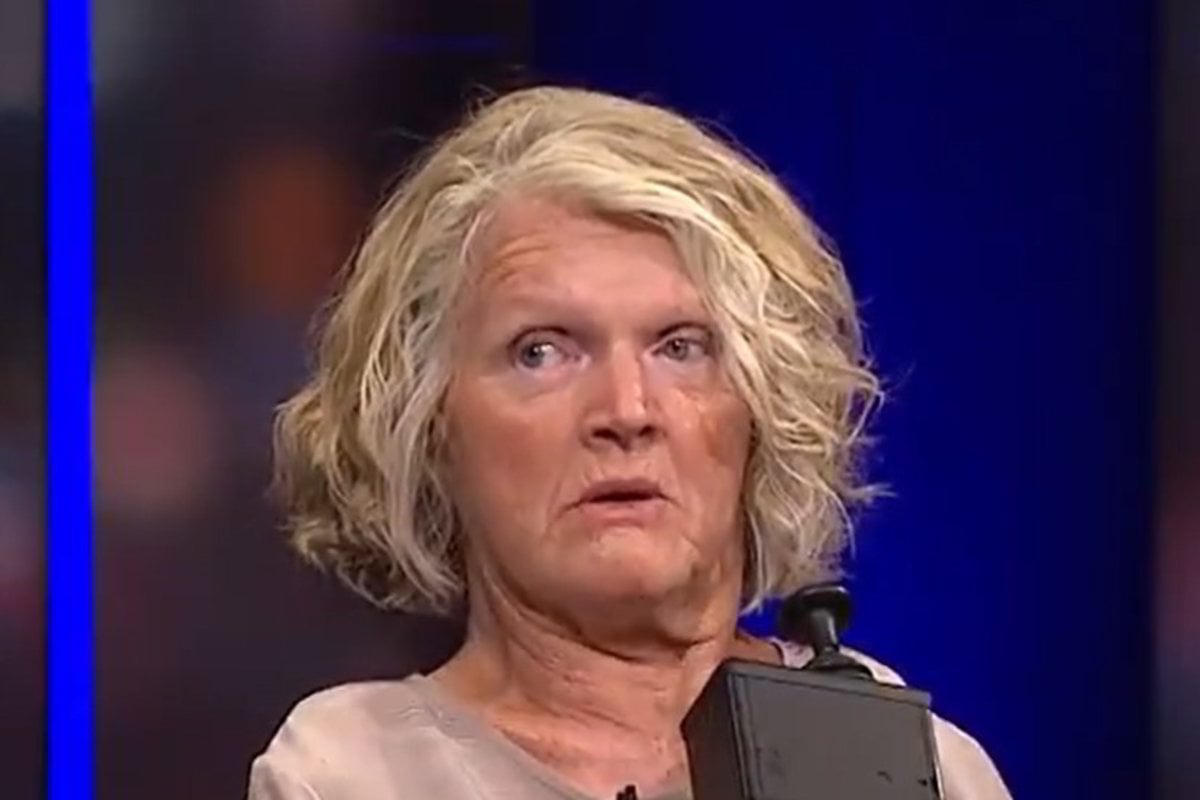
At the height of the coronavirus pandemic, overwhelmed hospitals with scarce resources were forced to triage their treatments and prioritise sick patients over… other sick patients.
In countries including Italy and Spain, some patients missed out on potentially life-changing critical care because of these triage systems.
So what does this actually mean? According to Rosemary Kayess, associate director of the Disability Innovation Institute at the University of NSW, it means the lives of people with disabilities were valued as less than others.
On Monday evening, the disability advocate spoke of this inhumane approach while on ABC's Q&A panel.
"We'd started the pandemic … saying, 'Look, for most people it's just going to be a mild flu … it's really only a concern for the people with pre-existing conditions, and the elderly,'" she said.
"They were just singling out diagnostic groups... that wouldn't receive critical care." Rosemary Kayess reveals the disproportionate impact the pandemic has had on those living with a disability. #QandA pic.twitter.com/So4GfV4Onq
— QandA (@QandA) September 15, 2020
